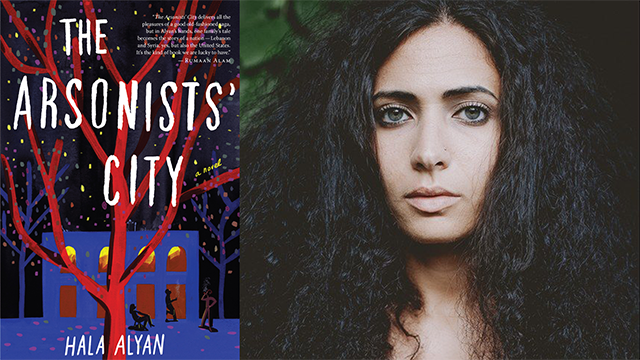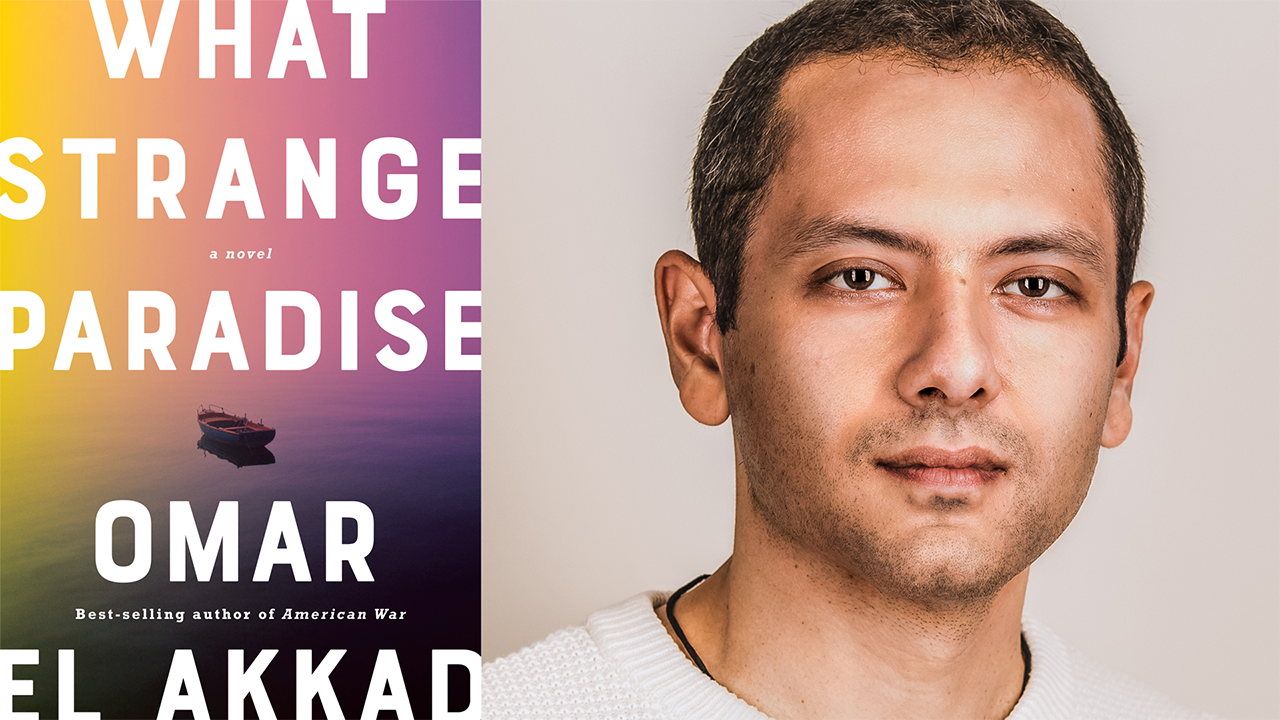In November, Aspen Words announced the longlist for the fifth annual Aspen Words Literary Prize, a $35,000 award recognizing a work of fiction that addresses a vital social issue. The selected books explore questions of freedom and identity, exile and belonging, and are set against the ravages of colonialism, consumerism, and classism. While the jury works on selecting a shortlist, Aspen Words chatted with the nominees about their work, how they view their role as a writer in this cultural and political moment, and the best piece of writing advice they’ve received.

Hala Alyan is a clinical psychologist and the author of the novel Salt Houses. Her new novel The Arsonists’ City interrogates the current and historical conflicts in Lebanon, the Syrian refugee crisis, the ongoing displacement of Palestinians, and issues of immigration to America and Europe.
How do you view your role as a writer in this cultural and political moment?
I think it’s a real privilege to be able to tell stories in this time. Art has a home alongside different forms of activism and social justice work and can do a remarkable degree of raising consciousness and amplifying representation and under-discussed narratives. I believe our role as writers is to tell the stories we feel we must, as abundantly and generously as we can. So many before us didn’t have that option.
What inspired you to write The Arsonists’ City?
My love for Beirut; my family; my fascination with secrets and intergenerational trauma; a random dream about a woman who wanted to move to Hollywood to become a star. I had long wanted to write about the different artistic communities in Lebanon, to explore what it means to hunger for talent, to follow a family through war and upheaval and an eventual return to an ancestral house—this story ended up being generous enough to let me include all of the above.
What is the core tenet of your book’s philosophy?
That people are drawn to tell the same story over and over again—the story of a marriage, the story of a city, the story of a lineage—in the hopes of finding different endings.
What’s the best piece of advice you’ve received on writing fiction?
To surrender to the prospect of a messy, imperfect, sprawling first draft. I think in many ways the best advice I’ve been given around writing, in general, is to do everything in its due time. It’s a process and it doesn’t work to skip steps. For instance, I’ve tried to edit when I’m still in the get-ideas-on-the-page phase, and it has never worked for me. The other piece of advice that I’ve held very dearly is that, while writing can be quite solitary, cultivating community and literary family is essential.
What are you currently reading?
I’m reading Klara and the Sun by Kazuo Ishiguro and Severance by Ling Ma—very different books but equally striking and haunting!


